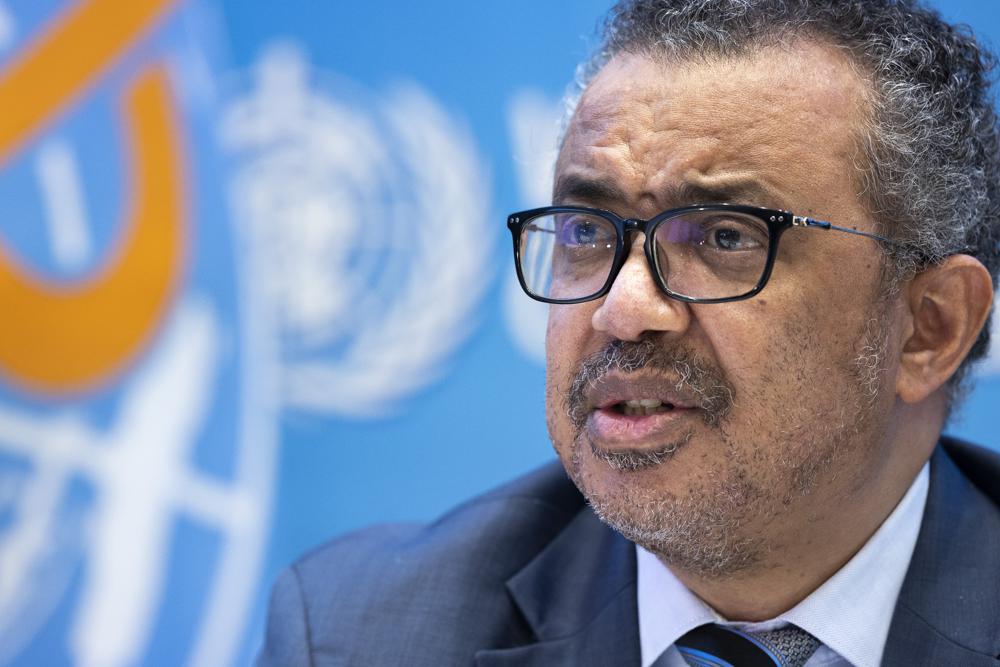
The World Health Organization Director-General Tedros Adhanom Ghebreyesus announced the end of the COVID-19 pandemic public health emergency. After a decrease in deaths, hospitalizations and the growing level of population immunity, COVID-19 will now be treated as an “ongoing health issue” rather than an international health emergency.
The decision came after deliberation from the International Health Regulations Emergency Committee meeting on Thursday, May 4.
The WHO recommends nations still take into account the newly released 2023-2025 COVID-19 Strategic Preparedness and Response Plan, which is designed to help countries transition into long-term management of the virus.
Temporary recommendations from the WHO include increasing vaccination coverage for people in high priority groups, such as the elderly, and lifting travel-related health measures.
Associate professor for public health at BYU Chantel Sloan-Aagard has expertise in respiratory diseases, and weighed in on the WHO’s recent decision.
“Globally, what the WHO is saying is that over the course of the last year we have seen a lot of pressure come off hospitals,” Sloan-Aagard said.
Sloan-Aagard believes there is still potential for surges and new variants, but the vaccine and repeated exposure has reduced the severity.
“Variants themselves have also become less likely to cause deaths,” Sloan-Aagard said.
Professor Sloan-Aagard also recognized the announcement will make little difference to the U.S. or BYU’s approach to the virus.
“We have effectively been treating the emergency as over for the last year anyway,” Sloan-Aagard said.
COVID-19 has been on a general global downward trend in cases and deaths since early 2022, except for an explosion in cases in December of the same year. BYU’s last report on COVID-19 cases showed 2,939 reported cases in the Winter Semester of 2022.
Aaron Larson, finance director at the BYU Health Center, explained how the pressure of COVID-19 cases has continued to ease.
“The volume of patient testing and positive tests are at very manageable levels. Our incredible staff has become expert at testing, diagnosing and treating COVID for the vast majority of patients,” Larson said.
Nathan Angle, a biochemistry major, has not worried about the pandemic since 2021.
“For me, it wasn’t really an issue after the vaccines came out. Once I got vaccinated I felt pretty confident not wearing a mask or really caring about that too much. Especially in Utah, I think … people are less caring about that.”
Ghebreyesus acknowledged in the committee meeting that “pandemic fatigue” has been growing, which likely factored into the decision-making. However, despite the country moving on, Sloan-Aagard does not believe the WHO announcement is behind the times.
“I don’t think the move was overdue. A major global body like the WHO needs to make sure a trend continues over a long time before making a declaration,” she said.
More information about COVID-19 safeguarding can be found on the WHO website and the Centers for Disease Controls and Prevention website.




